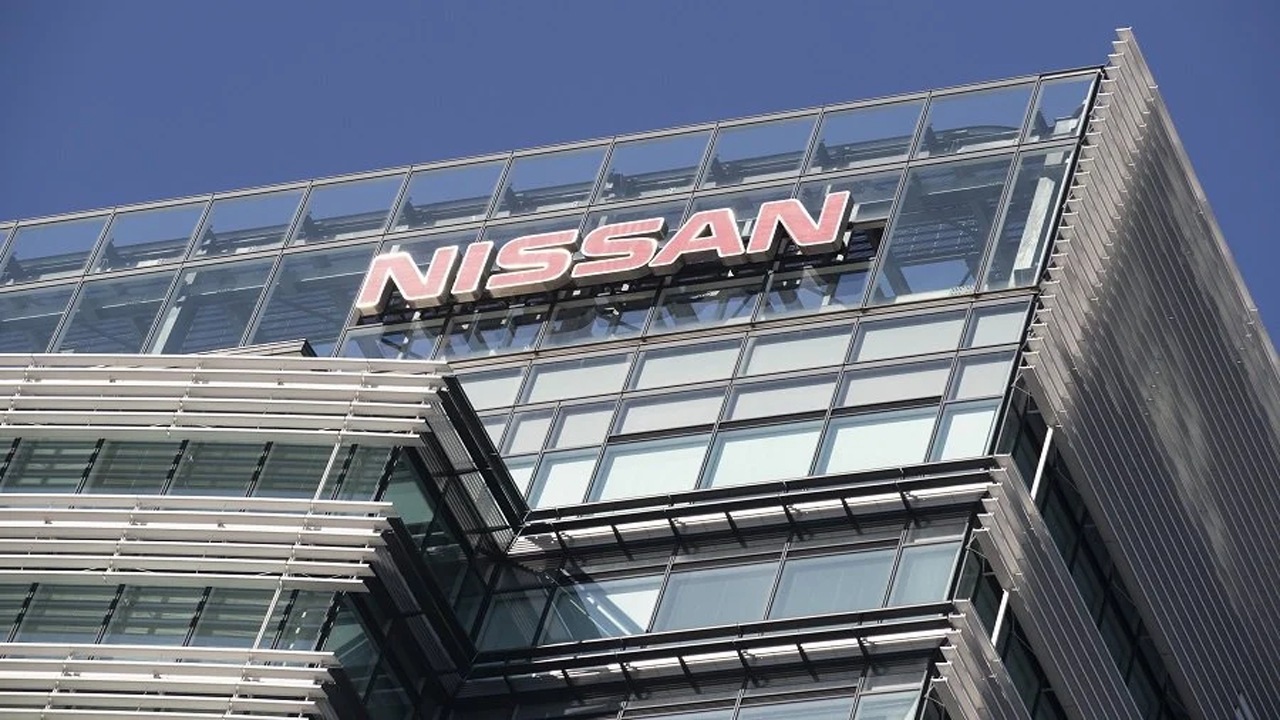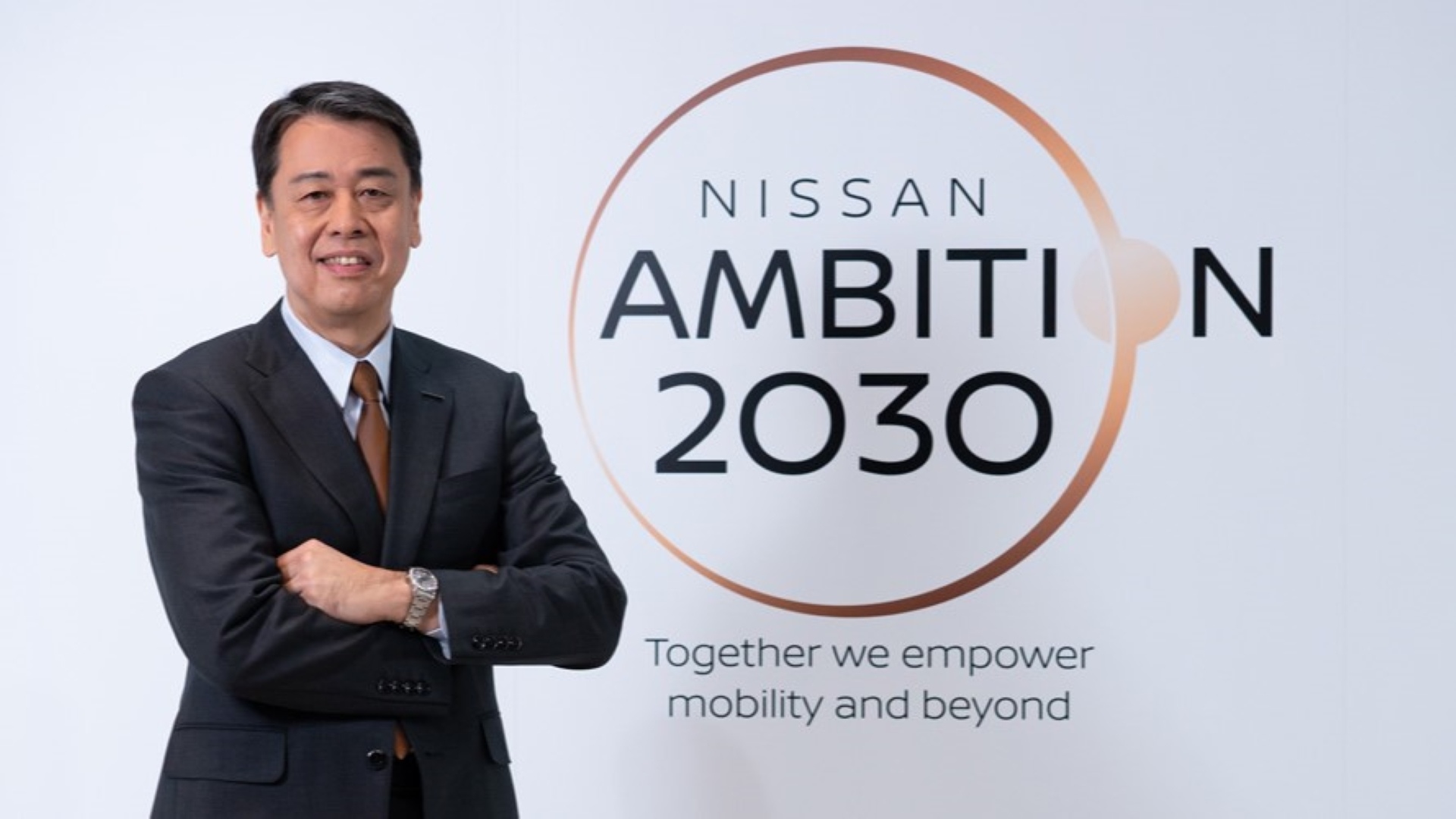Nissan is embarking on a transformative journey aimed at bolstering profitability and expanding its market presence, driven by innovative cost-cutting measures and a strategic focus on electrification.
The company’s latest mid-term business plan, named Nissan Arc, outlines a path towards realizing Nissan’s Ambition 2030, emphasizing a commitment to sustainability and profitability amid shifts in the automotive sector.
Central to Nissan’s strategy is the introduction of 30 new models by fiscal year 2026, with electrified vehicles taking center stage. Of these, 16 will be electrified, encompassing a diverse range of electric, plug-in hybrid, and e-Power hybrid models.
By fiscal year 2026, Nissan aims for electrified vehicles to constitute 40 percent of its global portfolio, a significant increase from the current 22 percent. Moreover, the company targets a boost in overall vehicle sales by one million units annually, accompanied by a profit margin surpassing six percent by the same period.
To achieve these ambitious goals, Nissan is adopting a multifaceted approach that includes streamlining production processes, enhancing collaboration with partners, and exploring new avenues for growth.
The company plans to reduce electric vehicle (EV) development costs by 30 percent compared to its current Ariya model, leveraging a novel “family” approach to vehicle development slated to commence in fiscal year 2027.

By introducing a cohesive lineup of five vehicles sharing common components and structures, Nissan aims to optimize economies of scale while accelerating time-to-market and minimizing development expenses. Furthermore, Nissan is committed to expanding its global footprint by exporting vehicles manufactured in China and India, with annual targets set at 100,000 units each.
Collaboration with Alliance partners Renault and Mitsubishi remains integral, particularly in key markets such as Europe, Latin America, Asia, and India. However, Nissan is also exploring fresh partnerships in Japan and the US, including a strategic alliance with Honda.
Looking ahead, Nissan envisions a future characterized by widespread electrification, with plans to launch a total of 34 electrified models covering diverse market segments by 2030.
The company is committed to achieving development cost parity between EVs and combustion-powered vehicles by fiscal year 2030, supported by innovations in battery technology.
In addition to the anticipated launch of all-solid-state batteries in fiscal year 2028, Nissan is investing in the development of new lithium-ion and lithium iron phosphate (LFP) batteries, poised to deliver enhanced energy density and faster charging capabilities.
Commenting on the significance of the Arc plan, Nissan president and CEO Makoto Uchida emphasized its role in steering the company towards sustained growth and profitability amidst evolving market dynamics.
As Nissan navigates unprecedented challenges and opportunities, Uchida expressed confidence in the company’s ability to seize the future with agility and determination, guided by a commitment to driving value and competitiveness in the automotive industry.

